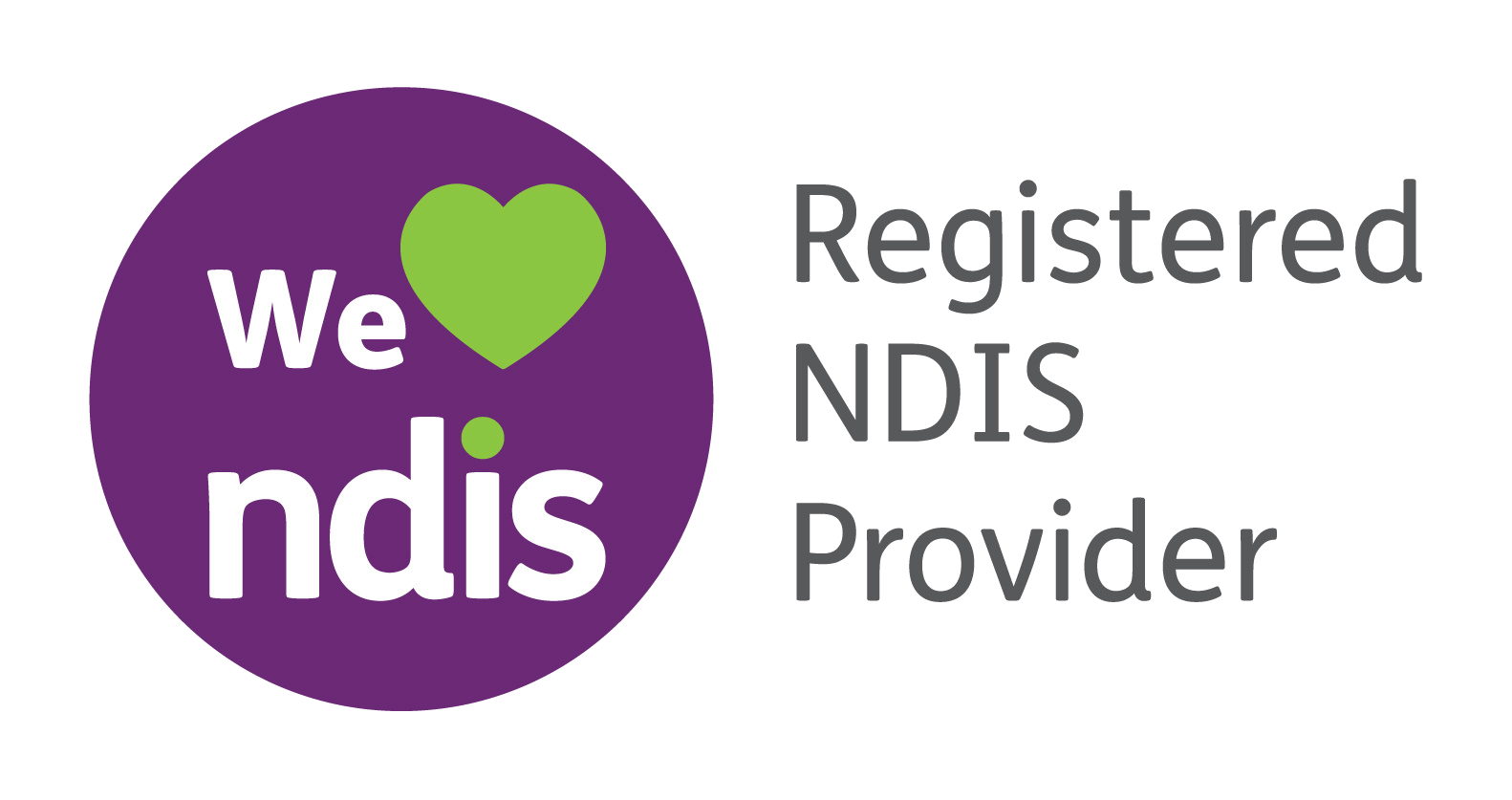The Australian Securities and Investments Commission (ASIC): Ensuring Fair and Transparent Financial Markets
The Australian Securities and Investments Commission (ASIC) is the national regulatory authority responsible for overseeing and regulating financial markets, institutions, and consumer protection in Australia. As one of the key pillars of Australia’s financial regulatory framework, ASIC plays an essential role in maintaining the integrity and stability of the country’s financial system. This article will explore ASIC’s key functions, responsibilities, and impact on the Australian financial landscape.
Overview of ASIC
ASIC was established in 1998 following the consolidation of several earlier regulatory bodies. It operates under the Australian Securities and Investments Commission Act 2001 and reports directly to the Treasurer of Australia. The Commission’s headquarters are located in Sydney, with offices across the country, ensuring its ability to supervise and regulate Australia’s diverse and dynamic financial environment.
ASIC is an independent statutory body that is empowered to enforce laws and regulations, monitor financial markets, and protect investors. It has broad authority over a range of financial entities and activities, including stock exchanges, investment banks, insurance companies, financial advisers, and superannuation funds.
Key Functions and Responsibilities
ASIC’s role is multifaceted, but its key responsibilities can be broadly categorized into regulation, enforcement, and consumer protection.
1. Regulation of Financial Markets
ASIC oversees Australia’s financial markets to ensure that they operate fairly, efficiently, and transparently. It is responsible for enforcing market rules that promote integrity and prevent market manipulation, insider trading, and other unethical practices. ASIC works closely with other regulatory bodies, including the Reserve Bank of Australia (RBA), Australian Prudential Regulation Authority (APRA), and Australian Competition and Consumer Commission (ACCC), to maintain a stable financial environment.
One of ASIC’s most important roles is its oversight of the Australian Securities Exchange (ASX), the primary securities exchange in Australia. The Commission ensures that listed companies comply with corporate governance rules, disclosure requirements, and financial reporting standards. It also monitors trading activities to detect and prevent illegal practices like insider trading and market manipulation.
2. Financial Services Licensing and Supervision
ASIC is responsible for granting licenses to financial services providers in Australia. This includes investment advisers, brokers, fund managers, and insurance companies. To receive a license, these entities must demonstrate compliance with rigorous standards relating to honesty, competence, and financial soundness.
Once licensed, financial service providers are subject to ASIC’s ongoing supervision. This includes ensuring they adhere to Corporations Act provisions, such as those concerning disclosure of fees, conflicts of interest, and fiduciary duties. ASIC also works to ensure that these businesses maintain appropriate conduct when dealing with investors and consumers.
3. Consumer Protection
One of ASIC’s central objectives is to protect consumers from financial harm. This includes safeguarding individuals from misleading financial advice, fraudulent investment schemes, and other unfair practices. ASIC enforces strict rules governing advertising and financial promotions to ensure they are not deceptive or misleading.
ASIC also educates consumers about their rights and responsibilities in financial transactions. It provides resources on topics such as investment risk, superannuation, credit, and financial literacy. Its MoneySmart website is a key tool for empowering Australians with the knowledge to make informed decisions about their finances.
In addition, ASIC handles consumer complaints and disputes regarding financial services. It has the authority to take action against businesses that engage in unethical conduct or fail to meet their obligations under the law.
4. Enforcement of Financial Laws
ASIC is empowered to take enforcement action against individuals and entities that violate Australian financial laws. This includes initiating investigations into suspected corporate wrongdoing and bringing enforcement actions before the courts.
ASIC’s enforcement powers are broad and include penalties such as fines, disqualification from director positions, and criminal charges. It can also take civil action to seek financial compensation for affected investors. Over the years, ASIC has successfully prosecuted high-profile cases involving corporate fraud, market manipulation, and breach of fiduciary duties.
ASIC’s Approach to Regulation
ASIC employs a risk-based approach to regulation. This means it prioritizes its efforts based on the potential risk posed by financial products, services, and practices. By identifying areas of high risk, ASIC can allocate its resources effectively to protect investors and ensure the stability of the financial system.
ASIC has also embraced technological advancements and modern regulatory practices. For example, it has adopted data analytics tools to monitor market behavior in real time and identify unusual trading patterns. Additionally, it is increasingly focused on fintech (financial technology) and regtech (regulatory technology), leveraging technology to streamline regulatory processes, improve compliance, and promote innovation in the financial services industry.
Key Achievements and Challenges
Achievements:
- Stronger Corporate Governance: Through its oversight, ASIC has contributed to significant improvements in corporate governance standards across Australian companies. It has worked to ensure that listed companies meet high standards of transparency and accountability in their financial reporting.
- Prosecution of Financial Misconduct: ASIC has led numerous high-profile legal actions against entities involved in financial misconduct, including corporate fraud, insider trading, and breaches of duty. This enforcement has sent a strong message that financial misdeeds will not be tolerated.
- Investor Education and Protection: ASIC’s commitment to consumer education through initiatives like MoneySmart has empowered Australians to make better financial decisions and protect themselves from scams and fraud.
Challenges:
- Adapting to Technological Change: The rise of fintech and cryptocurrency markets has presented new regulatory challenges for ASIC. It has had to adapt its regulatory frameworks to keep pace with these emerging technologies while ensuring the protection of consumers and the integrity of financial markets.
- Resource Constraints: Despite its broad mandate, ASIC has sometimes faced criticisms about insufficient resources to tackle the scale and complexity of its regulatory responsibilities. Some stakeholders argue that ASIC could do more to prevent misconduct before it happens, rather than reacting after the fact.
ASIC in the Global Context
ASIC is an active participant in the international regulatory community. It is a member of key global bodies such as the International Organization of Securities Commissions (IOSCO) and the Financial Stability Board (FSB), and it works collaboratively with regulatory authorities in other countries. This international cooperation is particularly important given the increasingly global nature of financial markets and cross-border financial crimes.
Conclusion
The Australian Securities and Investments Commission (ASIC) plays a crucial role in maintaining the integrity, stability, and fairness of Australia’s financial markets. Through its regulatory oversight, enforcement activities, and commitment to consumer protection, ASIC ensures that financial markets operate efficiently and transparently. While the challenges facing ASIC are evolving, particularly with the advent of new technologies, the Commission remains an essential body for safeguarding the interests of Australian investors and consumers, ensuring a robust and well-functioning financial system for the future.





